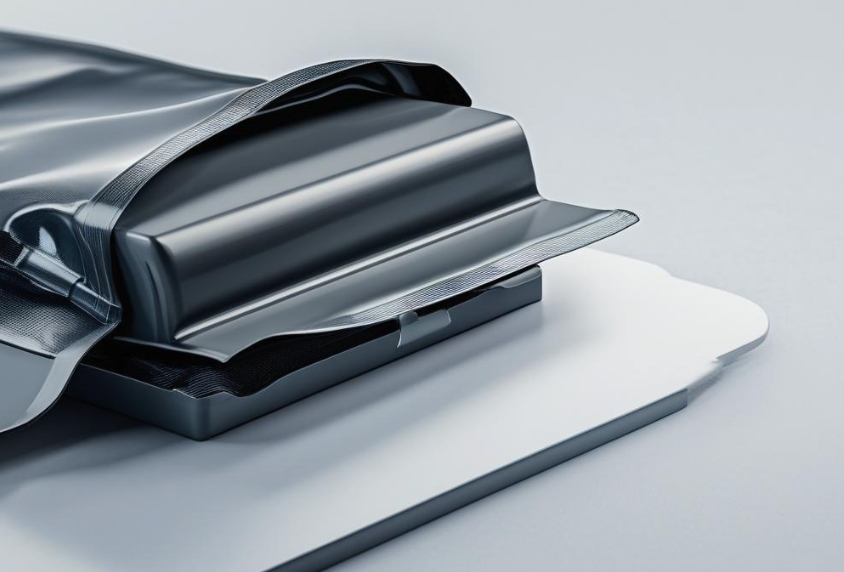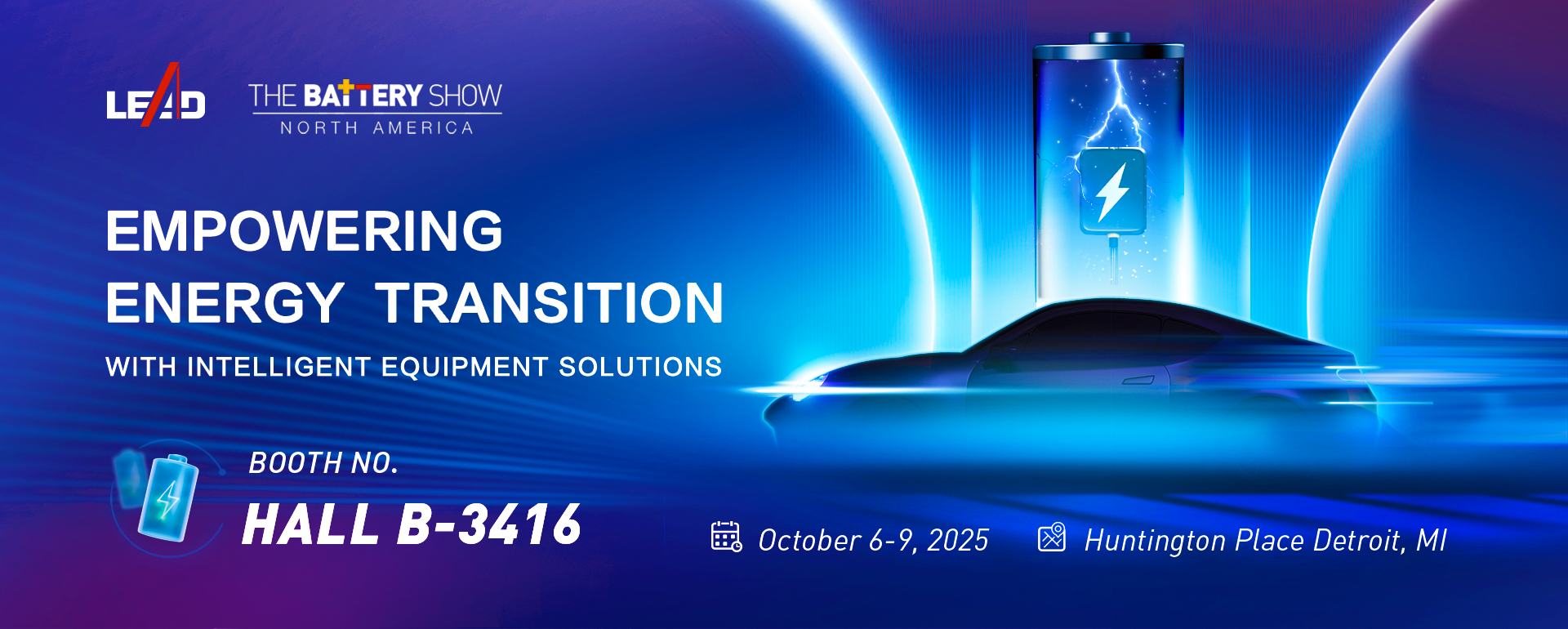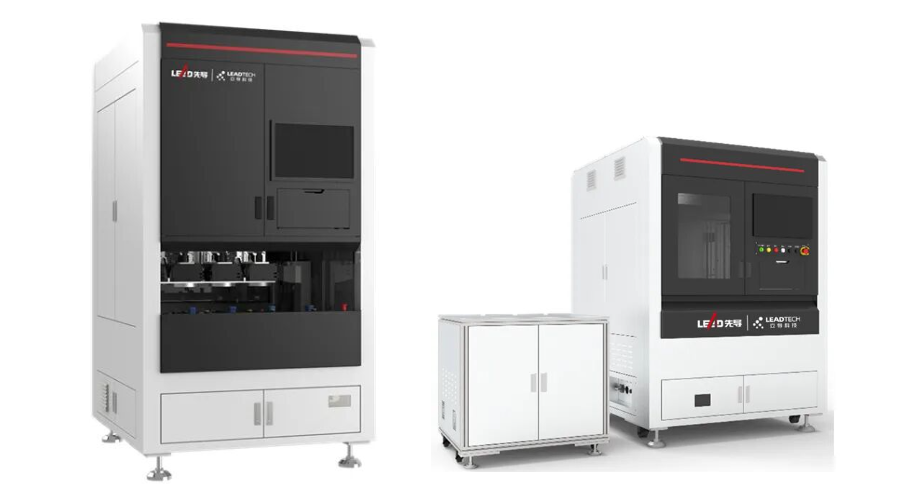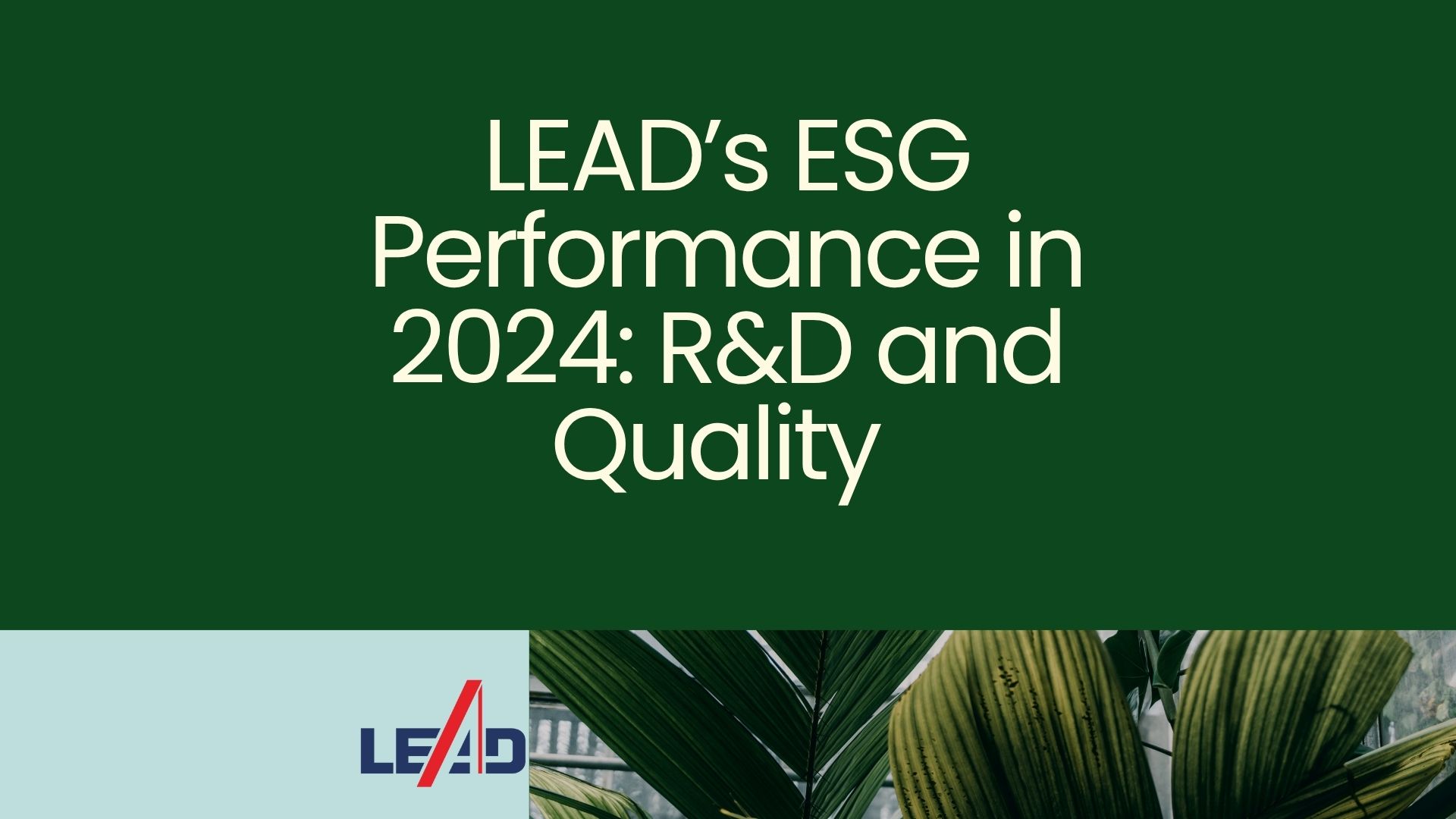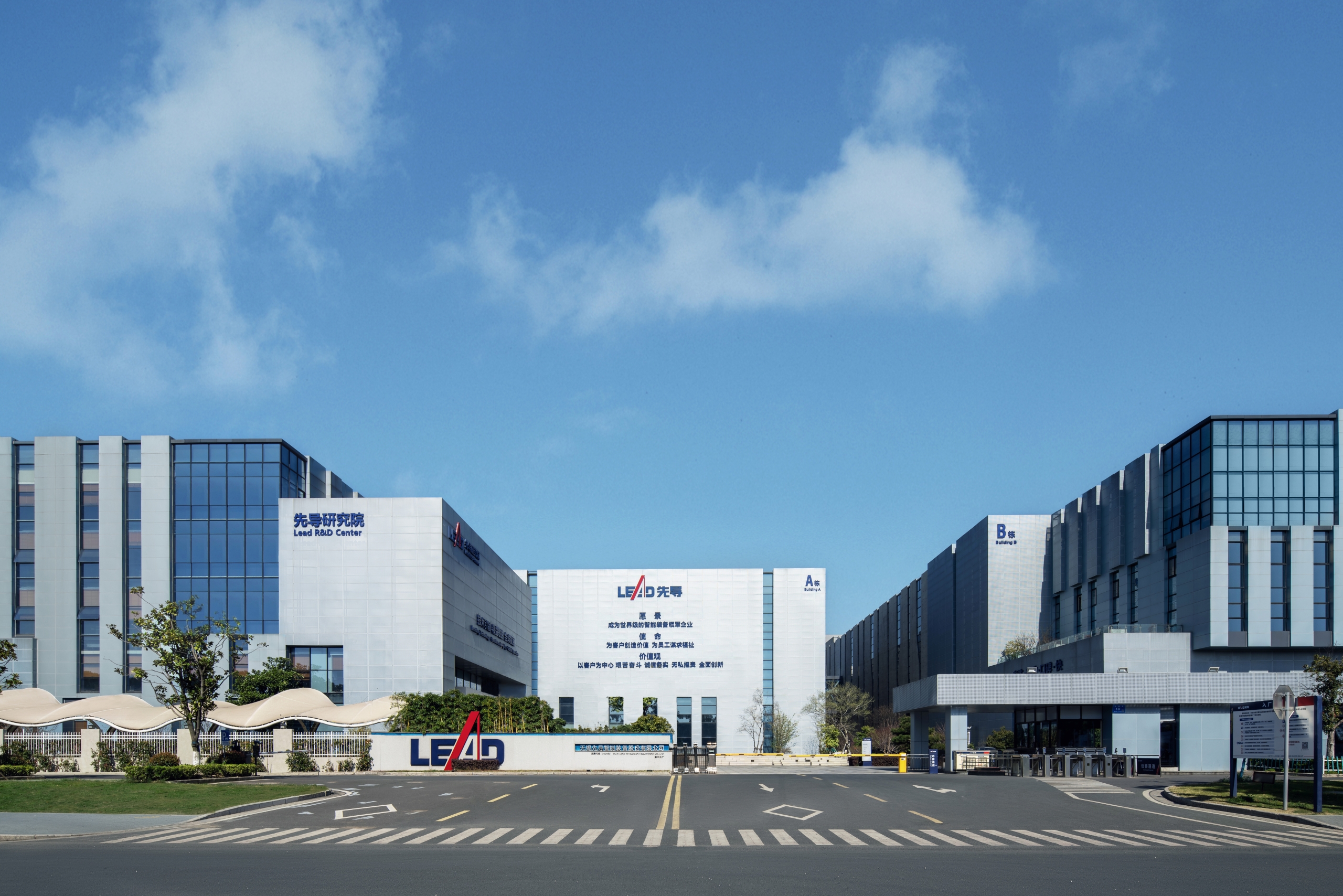
Xinhua News Agency and Shanghai Securities News recently published an exclusive interview with Wang Yanqing, Chairman of Lead Intelligent Equipment (hereafter referred to as LEAD). In the interview, Mr. Wang highlighted technological innovation as the driving force that enables LEAD to navigate industry cycles. He stressed that companies must return to the essence of value creation and firmly reject “ineffective internal competition.” True competitiveness, he noted, stems from within—through innovation, quality improvement, and value creation—propelling the entire industry into a new stage of high-quality development.
Below is the full transcript of the interview:
From once wearing many hats—as engineer, fitter, and electrician—to now leading a global enterprise of more than 10,000 employees, Wang Yanqing has grown from a young entrepreneur into the leader of a world-class intelligent equipment company. Yet on the factory floor, he remains the “chief engineer” at the front line—deeply familiar with equipment design, assembly precision, program coding, and system debugging. Whenever a major project is underway, he personally takes charge, immersing himself in the workshop and working side by side with the technical team.
Driven by a deeply ingrained spirit of technological innovation, Wang and his founding team have consistently pushed boundaries—from humble beginnings in a small warehouse in Wuxi to establishing a global business footprint; from the early days as Wuxi Lead Capacitor Equipment Factory to today’s LEAD, a smart equipment pioneer with a market capitalization that once surpassed RMB 100 billion. LEAD’s rise stands as a testament to the entrepreneurial grit and innovative vision of a technology-driven leader.
From ‘Impossible’ to World Leader:
LEAD Scales New Heights in Solid-State Battery and Energy Storage Technologies
A product of China’s entrepreneurial boom in the 1990s, Wang Yanqing embodies a quiet resilience—pragmatic, determined, and firmly grounded in hands-on execution. As chairman of LEAD, he has guided the company from a modest workshop to the forefront of global smart manufacturing. Yet his own beginnings were humble.
“When I got married, I couldn’t even afford a proper wedding ring,” Wang recalled in an interview with Shanghai Securities News, reflecting on his early years in a farming family in Wuxi.
That same unpolished grit, Wang says, has shaped his belief in “doing the work and fighting for progress”—fueling a relentless drive to turn the impossible into reality. Years ago, when Panasonic encountered a production bottleneck at one of its factories, the Japanese giant turned to LEAD with what seemed like an unattainable request: to develop a cylindrical battery winding machine capable of running at 30 pieces per minute (PPM)—a speed even Panasonic’s most advanced equipment at the time could not achieve. “Back then, their best machines only reached 26 PPM,” Wang recalled.
But he didn’t hesitate. “It wasn’t just an order—it was a test of LEAD’s ability to deliver high-end manufacturing, and a sign of trust.”
LEAD not only met the 30 PPM benchmark—it set a new global efficiency record for similar equipment.
Wang and LEAD’s pursuit of technology leadership has never slowed. As the lithium-ion battery industry shifts from undersupply to overcapacity, adopting next-generation technologies has become essential. Solid-state batteries—valued for their safety and high energy density—are emerging as the next frontier, and LEAD is already ahead of the curve.
Recently, LEAD supplied a suite of core solid-state battery production equipment—including composite transfer systems and high-speed stacking machines—to a global Tier-1 battery manufacturer, drawing widespread attention across the industry.
“This marks a major milestone for LEAD,” Wang said. “It also signals the accelerating commercialization of solid-state batteries. What we delivered was not just a few machines, but a fully validated, end-to-end solution with full-line delivery capability. It shows that we have moved beyond R&D into industrial-scale deployment in this entirely new segment.”
LEAD’s early and sustained investment in solid-state battery technologies, guided by Wang’s strategic foresight, is now bearing fruit. “For the industry, solid-state batteries present a disruptive challenge,” he explained. “But for companies like LEAD—with early positioning and full technical ownership—they represent an enormous opportunity.”
When outlining LEAD’s technological advantages, Wang Yanqing remarked:
“We positioned ourselves in the solid-state battery sector very early on. Our core competitive edge today lies in full-stack proprietary technology and end-to-end process integration. From disruptive dry-film electrode and solid-state electrolyte membrane preparation, to core lamination and packaging, and finally to back-end formation and grading, we have built a complete technology matrix with 100% self-developed intellectual property. We have already achieved mass delivery to leading battery manufacturers, automakers, and new energy vehicle startups worldwide.”
Beyond its strong focus on solid-state batteries, LEAD has also recognized the rapid growth of the domestic and global energy storage industry, making energy storage a strategic priority in recent years.
According to Wang, LEAD now provides a comprehensive value chain solution spanning cell manufacturing, module and pack assembly, charge–discharge testing, and full containerized storage system integration. To date, the company has delivered more than 300 GWh of energy storage production equipment.
In both cell manufacturing and energy storage container system integration, LEAD has established a strong technical moat. Its prismatic 314Ah and 587Ah energy storage battery lines are now deployed worldwide, with single-line annual capacity reaching 6 GWh. At the same time, LEAD has fully developed large-scale energy storage solutions exceeding 600Ah. In the field of system integration, the company has also introduced the industry’s first fully automated intelligent production line for energy storage containers.
Enduring Industry Cycles:
LEAD Aligns Technological Iteration with Global Expansion
Beyond its sustained efforts in emerging sectors such as solid-state batteries and energy storage, LEAD continues to drive technological progress in established fields—from sodium-ion batteries within the lithium sector to N-type photovoltaic technologies such as TOPCon and BC. “Every technological innovation opens a new window of opportunity for equipment demand,” noted Wang Yanqing, underscoring LEAD’s ability to consistently position itself at the forefront of industrial transformation.
This agility—paired with an unwavering focus on technological advancement—has become LEAD’s core strength in navigating market cycles. For Wang, the current market adjustment is not a setback but a catalyst: accelerating the phase-out of outdated capacity while driving customer demand for high-efficiency, high-quality, and high-tech manufacturing lines. “What is often described as overcapacity is, in fact, a structural imbalance,” Wang explained. “There is a surplus of low-end, inefficient capacity, while premium, advanced production remains in short supply.”
“Cyclical adjustments are an inevitable stage in any high-growth industry,” Wang noted. “But the new energy sector is a vast ocean—broad enough to sustain all companies with true strength, technological depth, and long-term value.”
Alongside its technological roadmap, LEAD has made global expansion a strategic priority in recent years. Despite macroeconomic pressures across the broader new energy sector, the company has achieved a countercyclical breakthrough, delivering strong growth in its overseas business.
“We are accelerating our international expansion and actively developing overseas markets,” said Wang. LEAD has already established localized service networks across Europe and North America. “The strong momentum of our overseas business has helped offset domestic market fluctuations. Looking ahead, we aim for overseas revenue to contribute 50% of our total.”
LEAD’s global strategy is built on four key principles—deepening, collaborating, expanding, and embedding—which together form the strategic framework guiding its internationalization.
In core markets such as Europe and North America, LEAD is evolving from simply “going global” to truly “integrating globally.” Building on its German headquarters and European Technology Center, the company is expanding local teams, establishing regional supply chains, and upgrading service infrastructure. It is also setting up and growing R&D hubs in technology hubs like Germany and the U.S., with the goal of attracting top global talent and collaborating with strategic customers to co-develop next-generation technologies.
At the same time, LEAD is unlocking growth opportunities in emerging markets across Southeast Asia, the Middle East, and Latin America, with branch offices already established in countries such as Malaysia and Turkey. “We are committed to building a diverse and inclusive global team—one that enables people from different backgrounds to thrive on the LEAD platform and contribute to the global energy transition,” Wang said.
Driven by rapid technological advances and reinforced by global expansion, LEAD is well-positioned to navigate industry volatility with resilience and focus.
Wang views the current market correction as a necessary reset—a stage of “creative destruction and rationalization.” He stresses that enterprises must return to genuine value creation and avoid wasteful competition. “True competitiveness comes from internal strength,” he emphasized. “I call on our peers to double down on technological innovation, quality improvement, and value creation. Only by building distinctive moats can we guide the industry from unregulated expansion into a new era of high-quality growth.”


